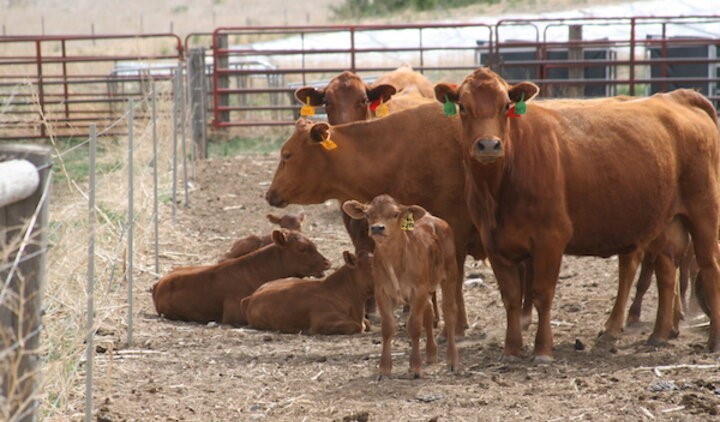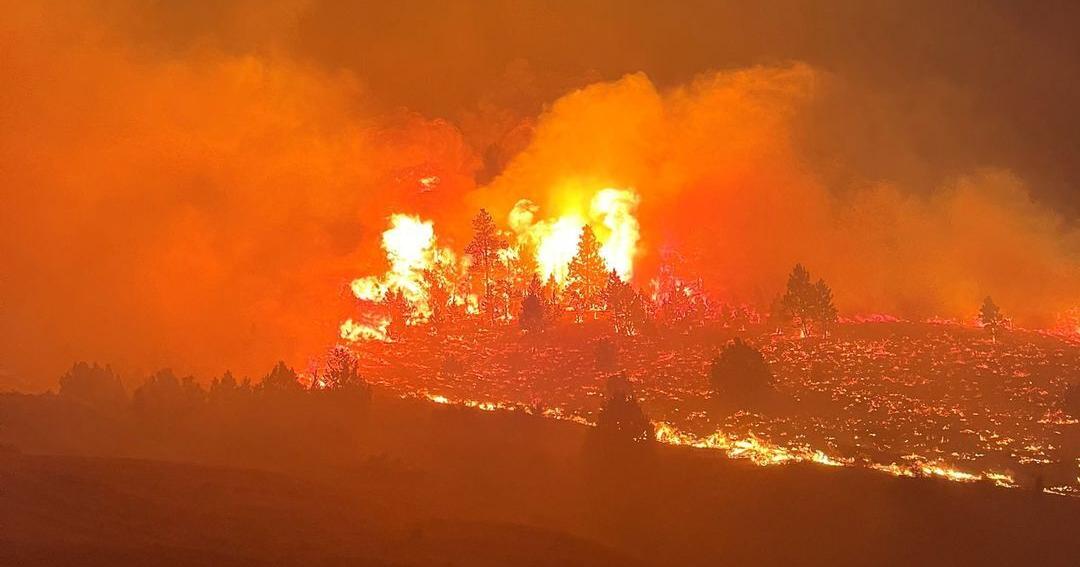MANHATTAN, KS – Spring-calving cow-calf pairs grazing on green pastures is often a sign that spring has arrived. However, it is also a time that cattle producers need to be watchful for cows experiencing grass tetany, according to Kansas State University beef cattle experts.
On a recent Cattle Chat podcast, Beef Cattle Institute veterinarians Brad White and Bob Larson and nutritionist Phillip Lancaster described grass tetany and how it can be managed nutritionally to avoid cattle developing this potentially fatal disease.
“Grass tetany is a disease that cows experience when there are low magnesium levels in their blood, which can cause improper nerve function,” Larson said. “Signs include head tremors, inability to walk in a steady gait or even not being able to walk at all.”

He explained that it is more common in the spring because the calves are nursing and draining the cow’s calcium and magnesium levels through the milk, and often the new grass is naturally low in magnesium.
“Cool season forages are often high in potassium and low in magnesium leading to issues with the cattle’s intake and absorption,” Lancaster said, adding that the high potassium actually interferes with the magnesium absorption in the gastrointestinal tract.
To overcome this imbalance, he recommends offering cattle a high magnesium mineral supplement that is 10% or higher. Lancaster also advises producers begin feeding the mineral a month before they are put out on green grass.
“This is really a temporary issue because as the grass matures, the potassium content comes down and the magnesium levels increase,” Lancaster said.
With the supplementation, the experts agreed that it is important to monitor consumption. To measure the intake, White encourages producers to take pictures on their phone or write down how much the cows are consuming on a daily basis.
“Most cattle don’t like the taste of the magnesium so molasses is often added to the supplement to make it more palatable,” Larson said.
Lancaster added: “I often say that cows will die from grass tetany before they’ll eat magnesium chloride, so we’ve got to cover up that bitterness with something to make sure they are consuming it.”
To hear more on this topic, listen in to the BCI Cattle Chat podcast online at https://bit.ly/31Xw5Pi.












